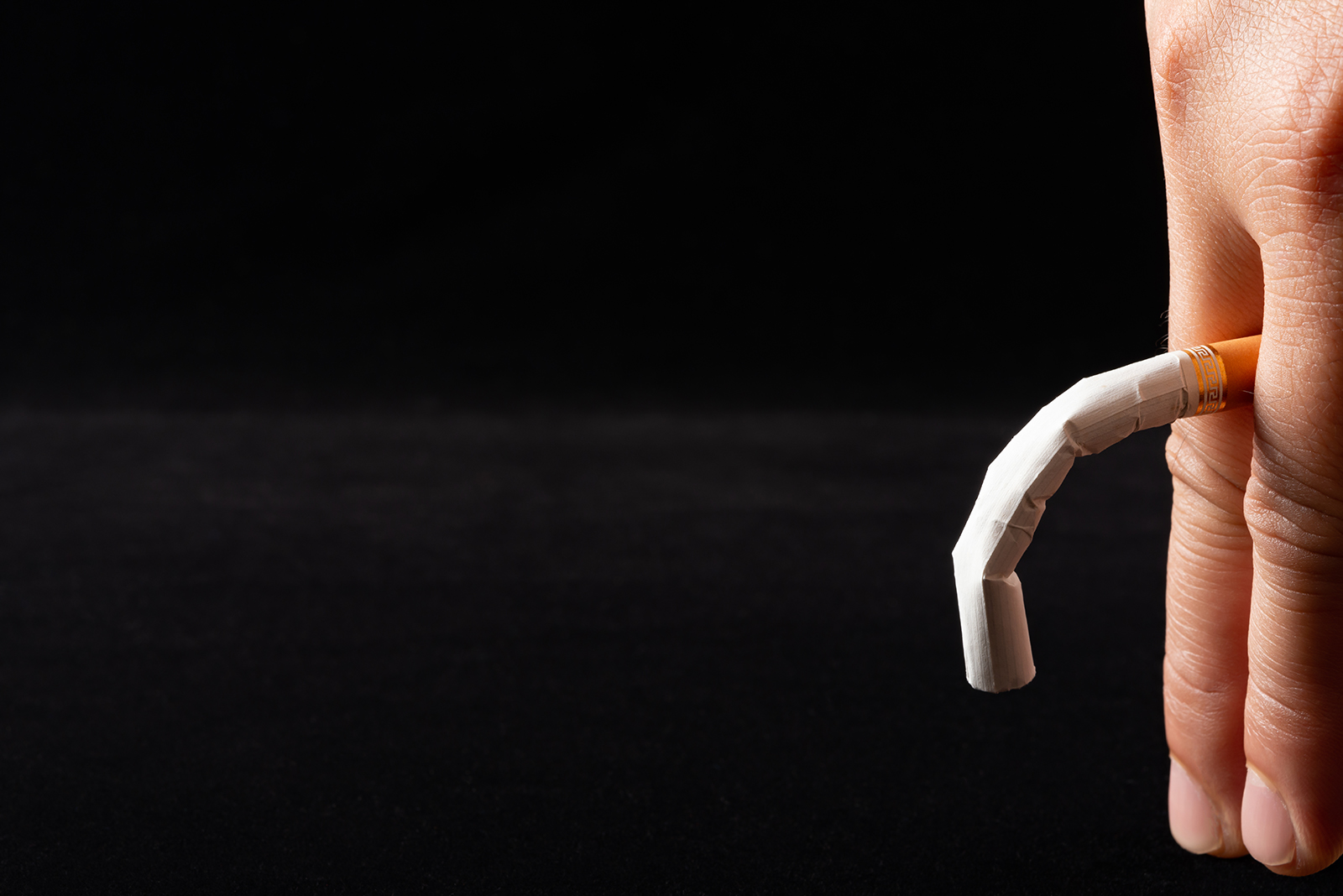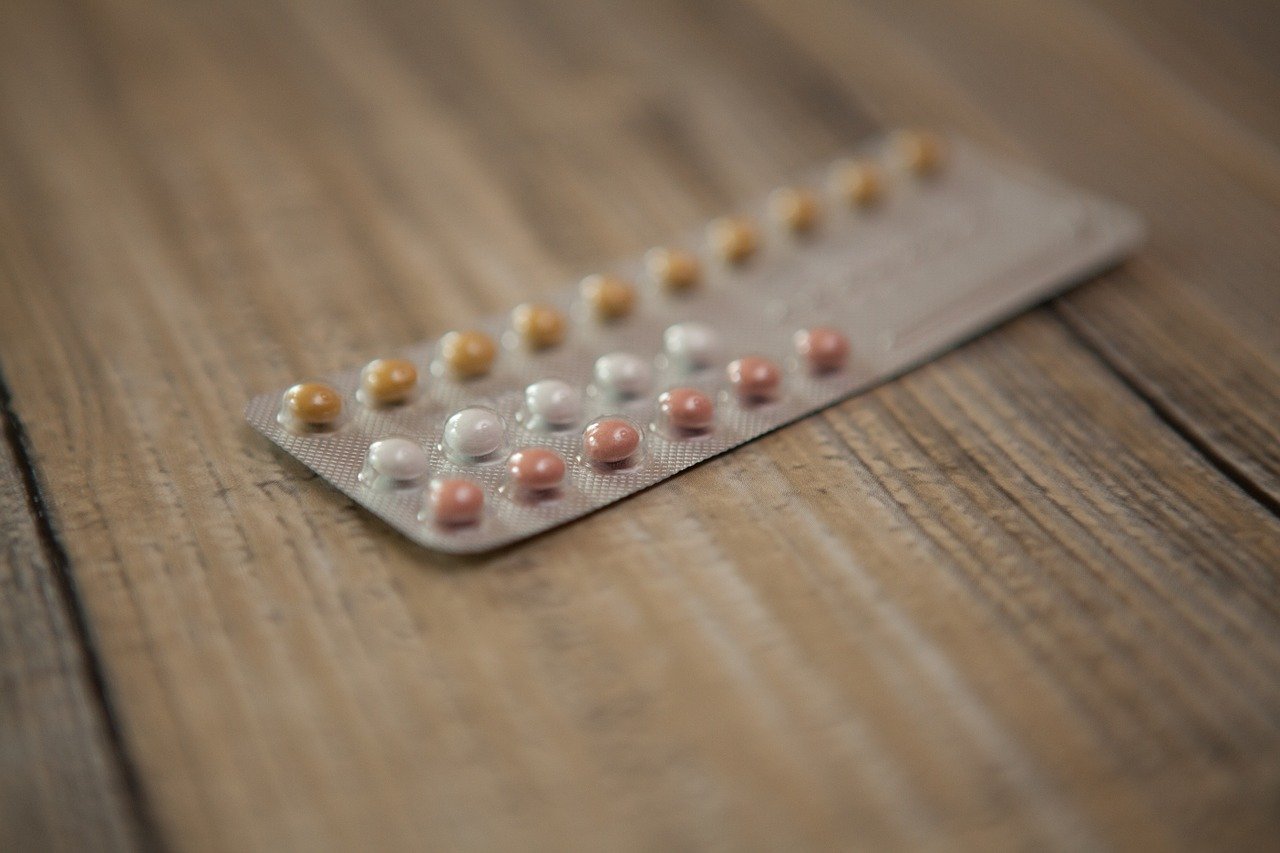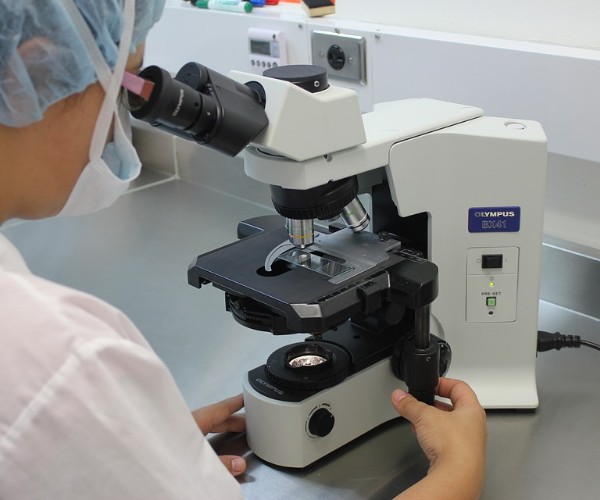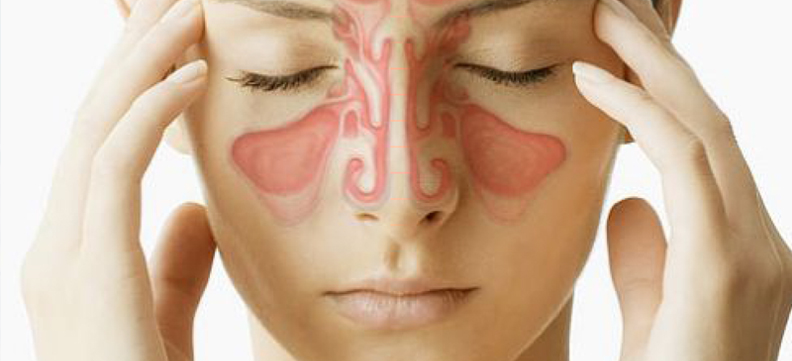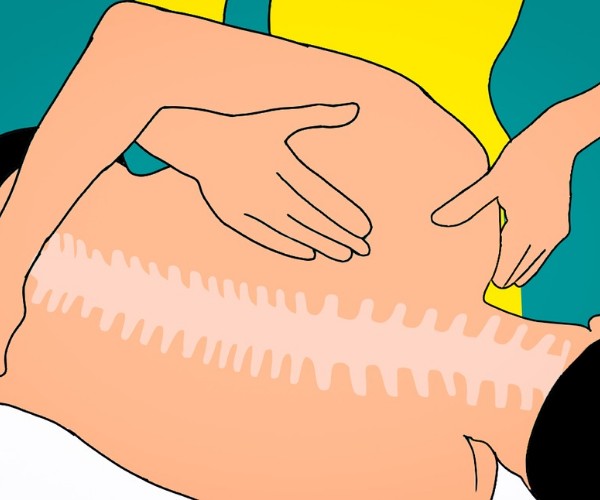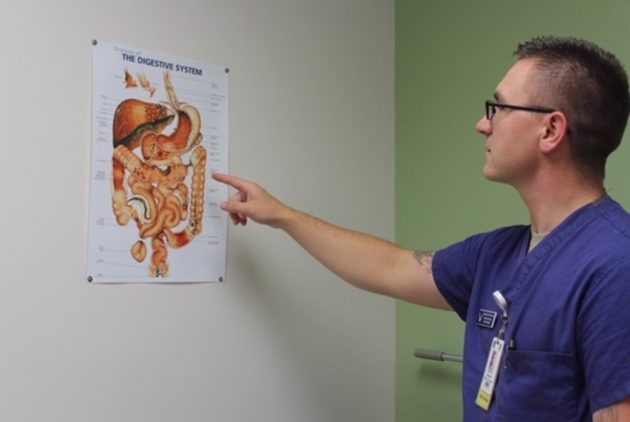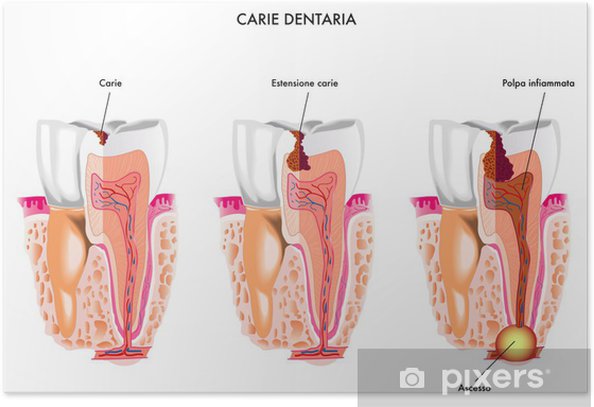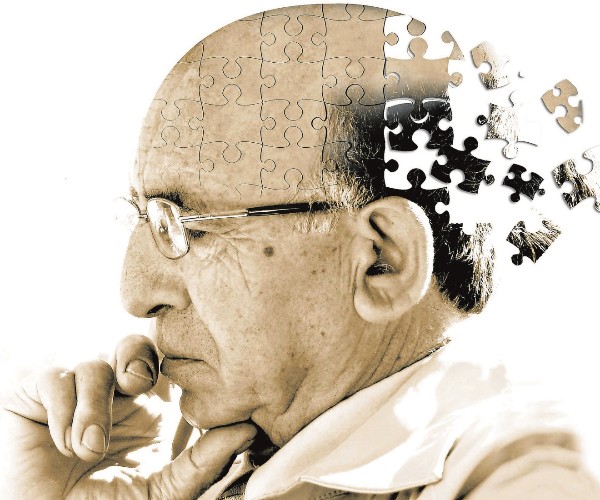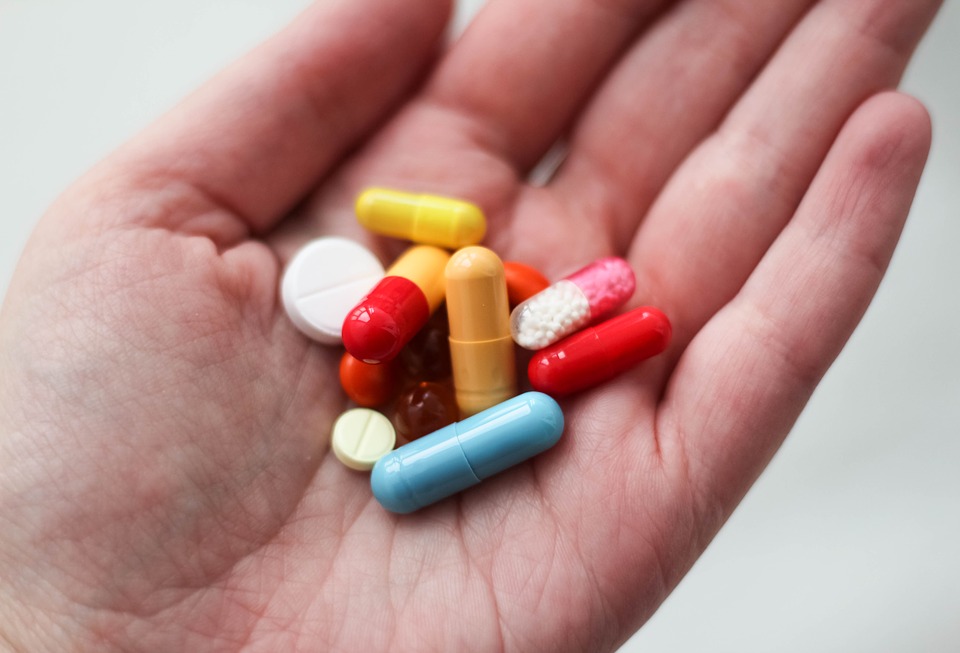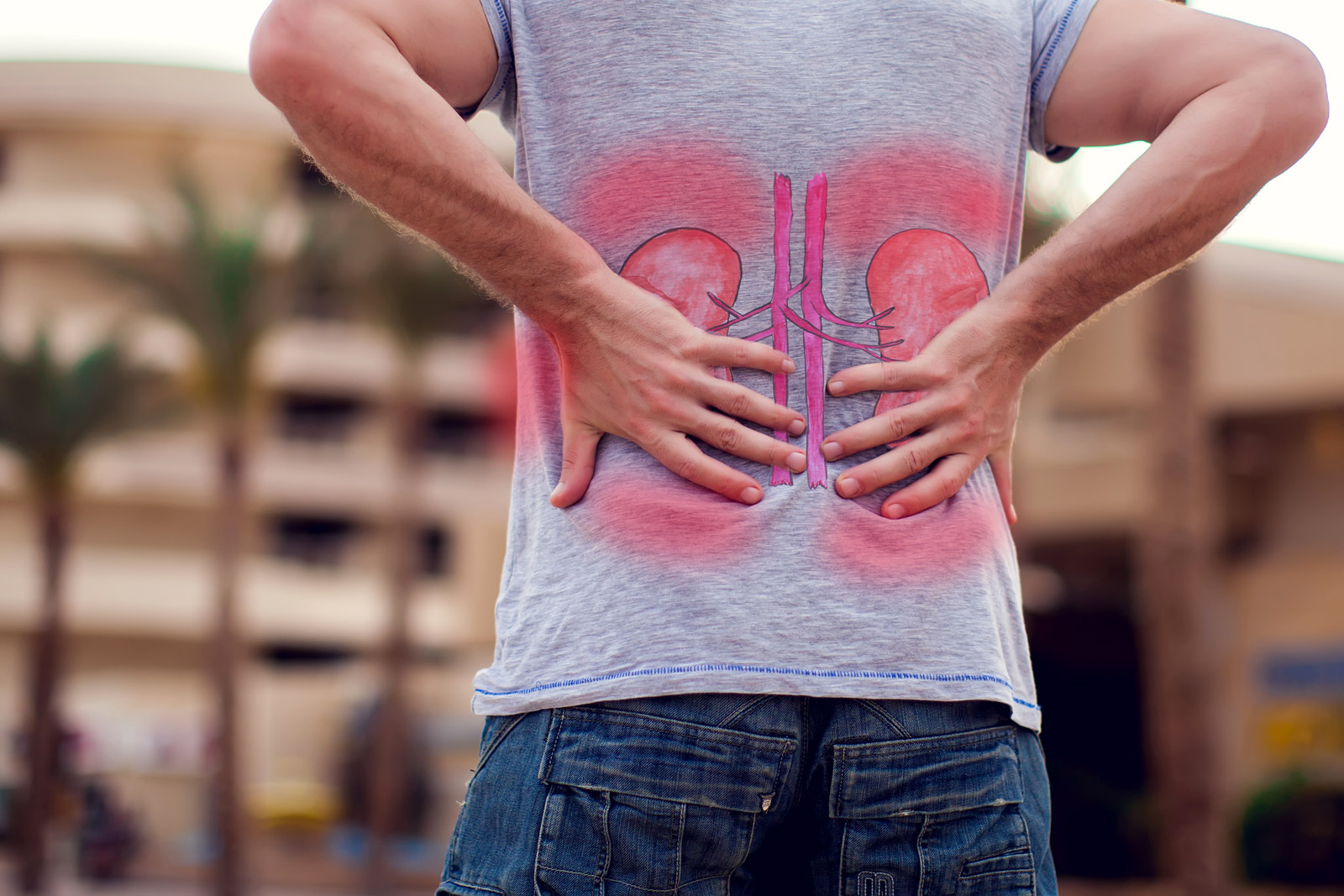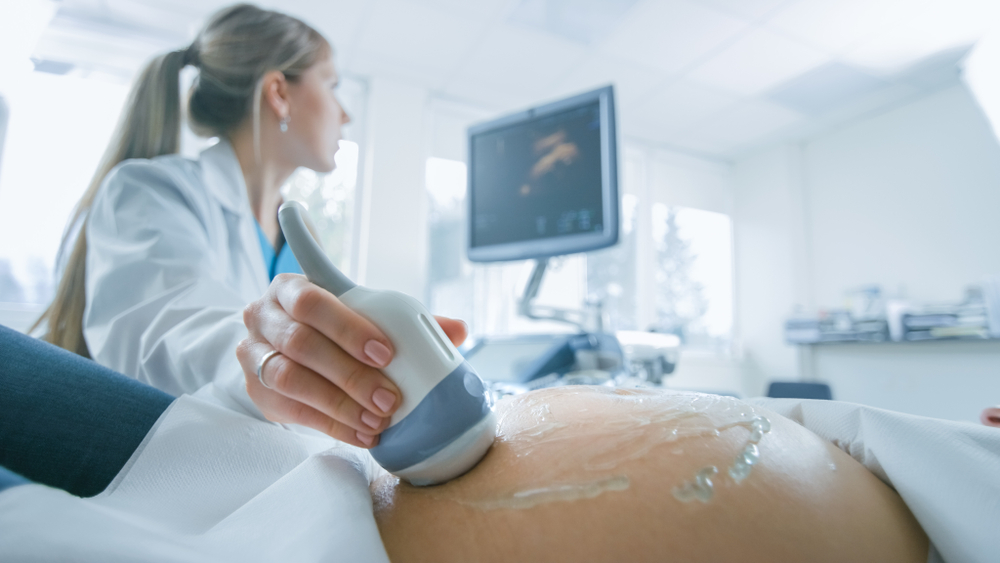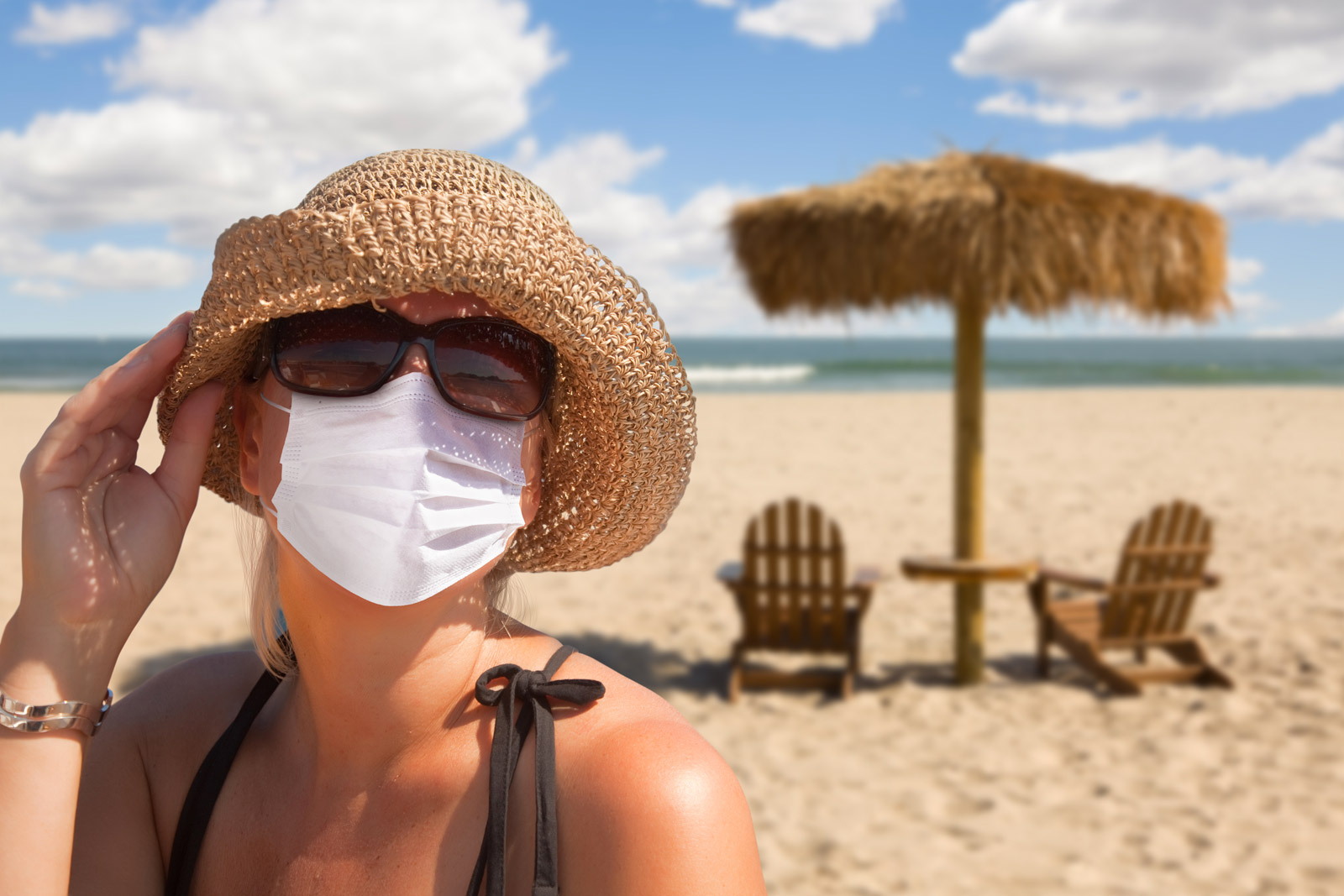Maintaining virility can become a nice boost for self-esteem, but according to scientific research this is harmful to another important organ: the heart.
The study, which involved a sample of more than 15,400 men in the United Kingdom, has found that testosterone therapy-often prescribed to maintain an active sex life-leads men to have 21 percent more chance of having a heart attack or stroke.
Heart problems with advancing age are. Unfortunately, a normal matter with the very stressful and rapid lifestyle that is inherent in our culture today. With testosterone therapy there is In addition, a negative effect that accumulates to the stress already experienced normally from our heart.
The test participants were aged not less than 45 years old and low testosterone levels, which in medicine is a state defined as hypogonadism. Testosterone is raised ‘artificially’ through the therapy, but at the same time – according to the findings of the examinations – this contributes to the formation of more blood clots. Platelet formation increases the Risk of widespread heart problems.
The results have been published; they are shown also several immediate side effects such as
Another potential risk is one. I mean, in bed you can still be lions, but if the heart then cracks it’s not really worth the penalty.
Improving sexual performance but without putting a risk the heart
To people with low testosterone levels in relation to chronological age (a condition that is referred to in medicine as the hypogonadism) can be prescribed, for improved performance sexual, testosterone-based therapy. This therapy, however, can be dangerous.
A study conducted by McGill University in Montreal and published in ‘The American Journal of Medicine’ highlights how testosterone intake can lead to a 21 percent increased risk of heart attack or stroke.
The research was conducted on 15,400 men aged older than 45 years and with low testosterone levels. The results show. That an “artificial” elevation (through therapy) of testosterone increases the number of platelets, that is, the formation of blood clots, and thus the risk of heart problems, which are known to be connected with advancing age and with a stressful lifestyle.
Other side effects are also highlighted in the study, such as: chest and ankle swelling, sleep apnea, acne and, last but not least, stimulation to develop prostate cancer cells.





